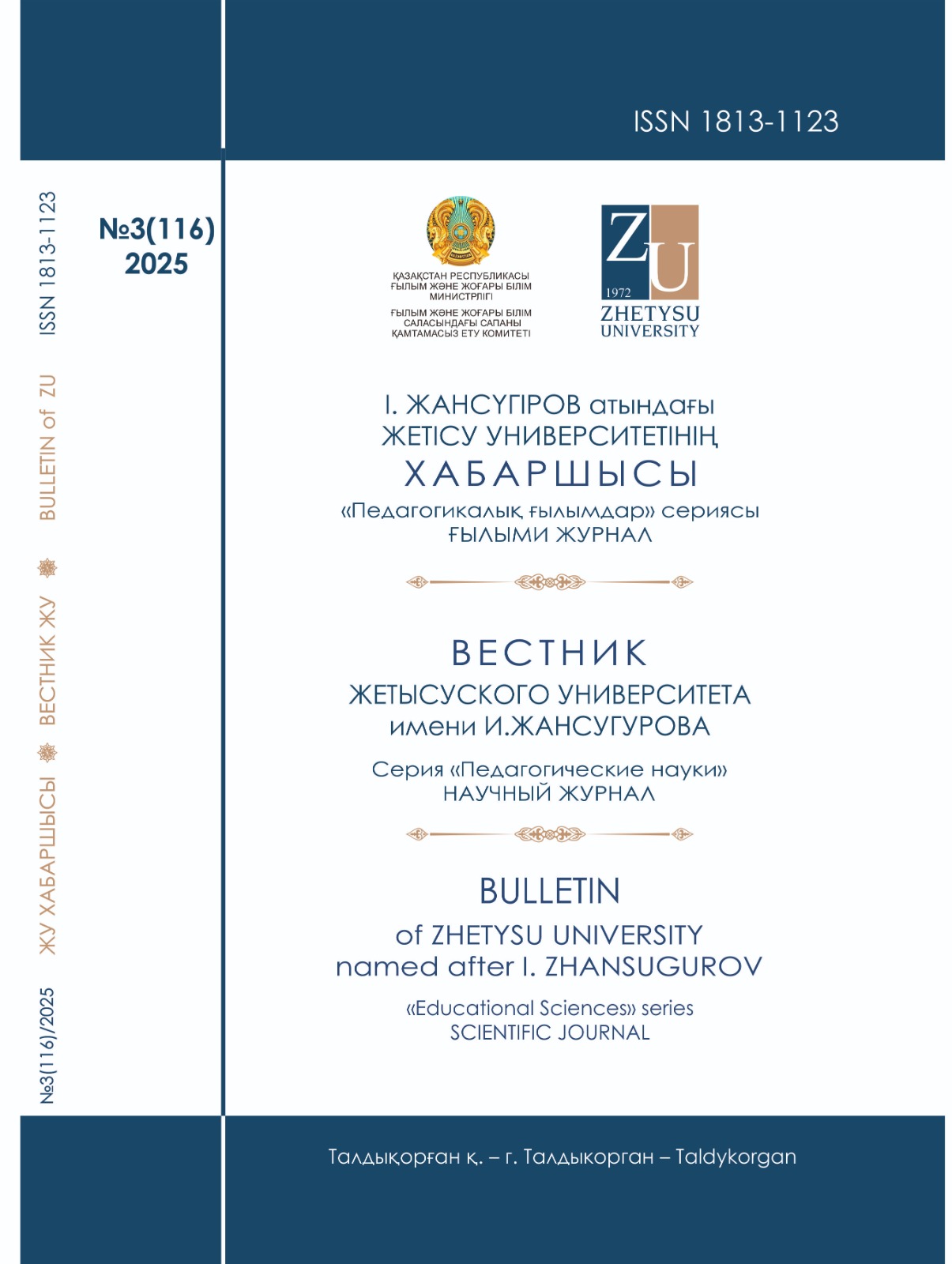MOTIVATIONAL AND COMPETENCE-BASED ASPECTS OF GAMIFICATION ELEMENTS IN THE TRAINING OF FUTURE INFORMATICS TEACHERS
DOI:
https://doi.org/10.53355/ZHU.2025.116.3.004Keywords:
gamification, teacher education, intrinsic motivation, competence development, quasi-experiment, mixed-methods approachAbstract
This study aims to examine the motivational and competence-based aspects of gamification in the training of future informatics teachers. The research adopts a quasi-experimental design and employs a mixed-methods approach, combining quantitative and qualitative data. The empirical stage involved 30 undergraduate students from Zhetysu University, enrolled in the educational programs “Informatics” and “Mathematics–Informatics,” who were divided into control and experimental groups.
The results demonstrate that the systematic integration of gamification elements into instructional design significantly increases students’ intrinsic motivation, engagement, and the development of pedagogical competences. Gamification is conceptualized not as a supplementary tool but as a pedagogical strategy that enhances the coherence and structure of the learning process. The teacher’s role is emphasized as a facilitator who aligns game mechanics with didactic objectives and supports motivation.
The scientific significance of the study lies in the development of a conceptual model that reveals the relationship between motivation and competence in gamified learning. The practical value is reflected in methodological recommendations for integrating gamification into teacher education curricula. The findings show that gamification contributes to the sustainable development of professional readiness, digital competences, and reflective practice, confirming its effectiveness as an element of teacher preparation.

 ҚАЗ
ҚАЗ РУС
РУС ENG
ENG
